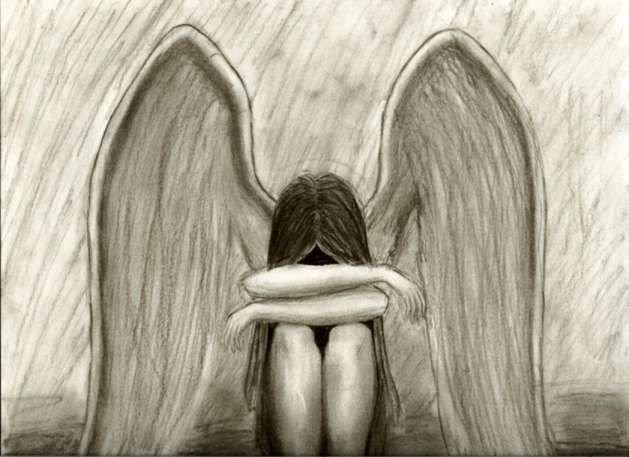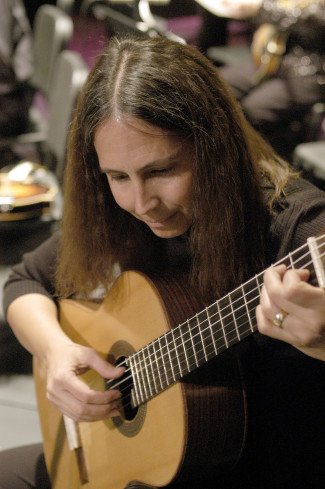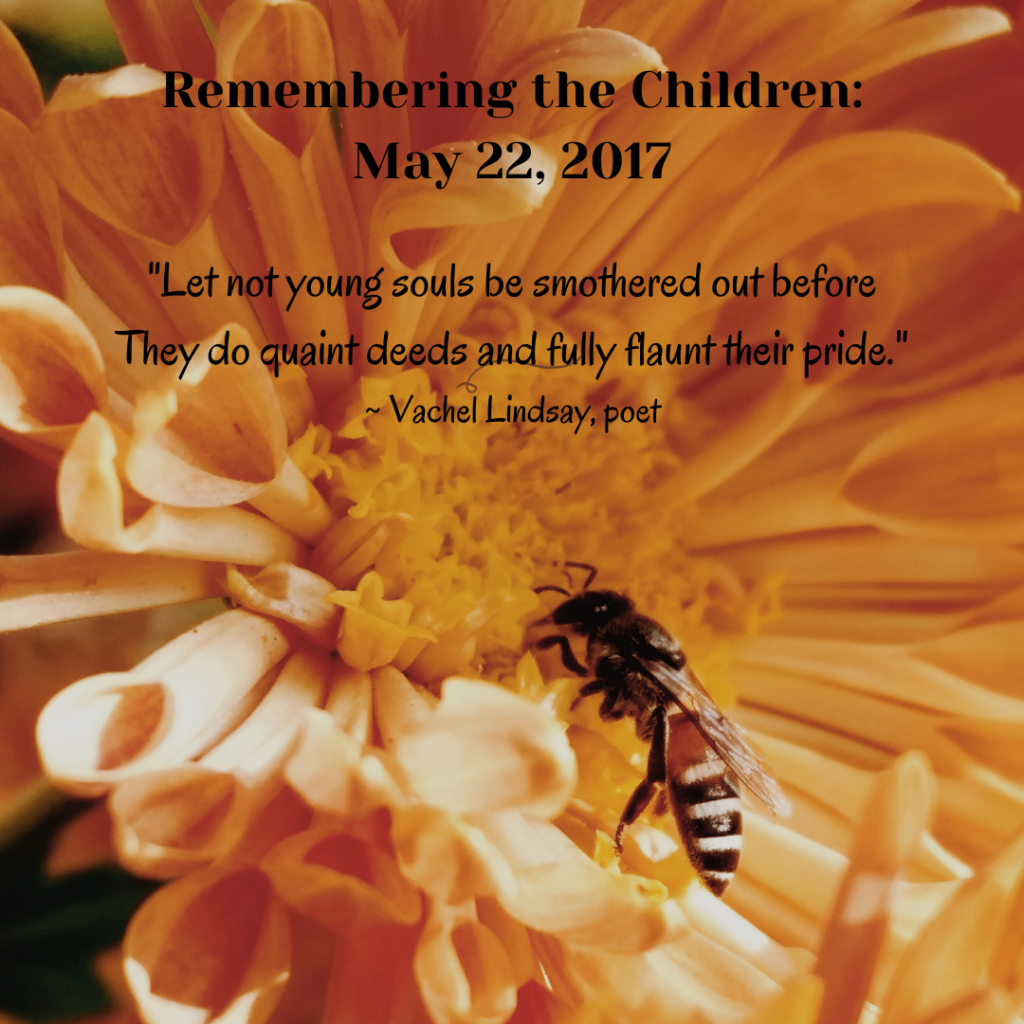- Over the weekend, I learned of an amazing appearance of a pair of Snowy Owls in Chicago from my friend L.Marie. Their presence commands attention. The timing of their visit more serendipitous than coincidental. I cannot escape their gaze, their message.
A Pair of Snowy Owls in Chicago on the Lakefront - December 2025
©LBL
Arctic gift of nature
Slipped through the polar vortex.
Come to visit those who need
respite from
brutality and greed.

- Also over the weekend, I potted a spider plant ‘baby’ in a cracked but beloved teapot perfect for just such a purpose. Our son Joe delivered Spidey plus a variety of other plant starts & cuttings from his home in Denver during his visit over Thanksgiving. He is a nurturing soul, and carefully packed them in his suitcase. Spidey is thriving in his new abode, placed atop a “Cookie Plate Crumb Catcher” on our kitchen table.

The teapot makes me smile – a reminder of my first Christmas as a newlywed. Hubby spent hours with a carpenter friend in his shop designing and creating a 5-foot-tall wooden plant holder complete with several shelves to display said plants. On the big day, hubby presented it to me with the teapot perched upon the top shelf crammed full of cut red roses. You may be wondering, what was my gift to him that first Christmas as a newlywed? A paisley necktie I made by hand for the first time ever to go with a new store bought dress shirt.
- I noticed Deborah has reduced the paperback edition of her novel, When Things Go Missing from $9.99 to $3.99, specially priced for the holiday season. Yes, that’s a pitch for a gift idea.
Need a nudge? In addition to my rave review, the winner of my book give away Tierney recently finished reading it and mentioned she loved the book so much she will be posting a review on Amazon.
- From deep within my childhood memories, through Concert Choir Christmas Performances in High School, I offer this rendition of Dona Nobis Pacem for this post’s Finale.
Grant us peace
note- the Latin pronunciation for ‘Pacem’ is ‘pah-chem’.











